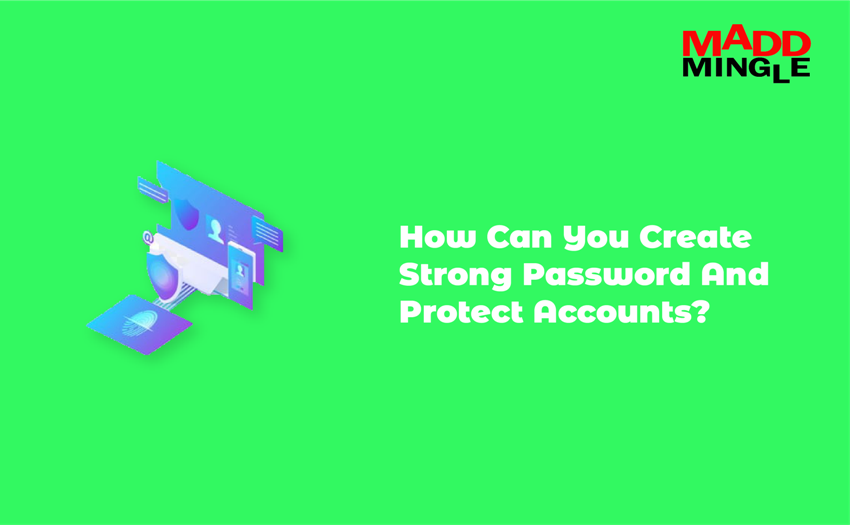
Creating a strong password is the first step in protecting your online accounts. Here’s how it’s done: Make use of a combination of uppercase and lowercase letters, numbers, and symbols. Never reuse passwords or personal information. Continue reading for more information on how to protect your accounts.
What is the Best way of creating a strong password?
Creating a strong password is critical for protecting your online accounts from hackers. Here are some suggestions to help you create a secure password:
- Make use of a combination of uppercase and lowercase letters, numbers, and symbols.
- The password should be at least 12 characters strong and long.
- Personal information such as your name, date of birth, or phone number should be avoided.
- Use simple words or phrases that are easily guessed.
- Consider using a passphrase, which is a string of random words that you can remember but that others will find difficult to guess.
By following these guidelines, you can create a secure password for your online accounts.
What are modern password rules?
Modern password rules are intended to strengthen passwords against hacking attempts and data breaches. To improve password security, many companies and organizations, including NordVPN, a popular VPN provider, recommend following certain password rules. These rules typically include using a combination of uppercase and lowercase letters, numbers, and symbols, avoiding easily guessable information such as your name or birthdate and selecting a password of at least 12 characters.
On their YouTube channel, NordVPN code youtube has also shared password security tips, such as using a password manager and enabling two-factor authentication for an added layer of security. You can greatly reduce the risk of unauthorized access to your online accounts by following these modern password rules and tips.
What is the best password policy?
The best password policy is one that balances security with usability. A strong password policy should require users to create strong passwords of at least 12 characters in length that include a mix of uppercase and lowercase letters, numbers, and symbols. It should, however, allow for the use of passcodes or other unique methods of authentication. In addition, the policy should require regular password updates and forbid the reuse of old passwords.
Furthermore, the policy should educate users on the importance of password security and encourage the use of two-factor authentication. A well-designed password policy can help protect against hacking and data breaches while also encouraging users to practice good password hygiene.
Let’s know: 6 Android Settings that Save You from Hackers
What are the 5 tips for password security?
Here are five password security tips to help protect your online accounts from hackers:
- For each account, use a strong and unique password that is at least 12 characters long and contains a mix of uppercase and lowercase letters, numbers, and symbols.
- Personal information such as your name, date of birth, or phone number should be avoided.
- To keep the passwords safe, consider using a password manager.
- To add an extra layer of security, enable two-factor authentication whenever possible.
- Keep your passwords up to date and avoid using the same password for multiple accounts.
By following these tips, you can significantly improve the security of your passwords and help prevent unauthorized
What are the 2 most common passwords?
“password” and “123456” are the two mostly used passwords. Despite the well-known risks associated with using weak passwords, many people continue to use simple and easily guessable passwords for their online accounts. Using a simple password invites hackers to easily gain access to your accounts, putting your sensitive personal information at risk.
It is critical to select a strong and unique password for each account and to avoid using information that is easily guessable, such as your name or birthdate. You can greatly reduce your risk of falling victim to cyber-attacks by taking simple steps to improve your password security.
Conclusion
Finally, creating strong passwords is critical for safeguarding your online accounts against potential cyber threats. You can greatly improve your password security by following modern password rules such as using a mix of characters, avoiding easily guessable information, and regularly updating your passwords. Enabling two-factor authentication and using a password manager can also add layers of security to your accounts.
You can help prevent unauthorized access to your personal and sensitive information by taking these simple steps.